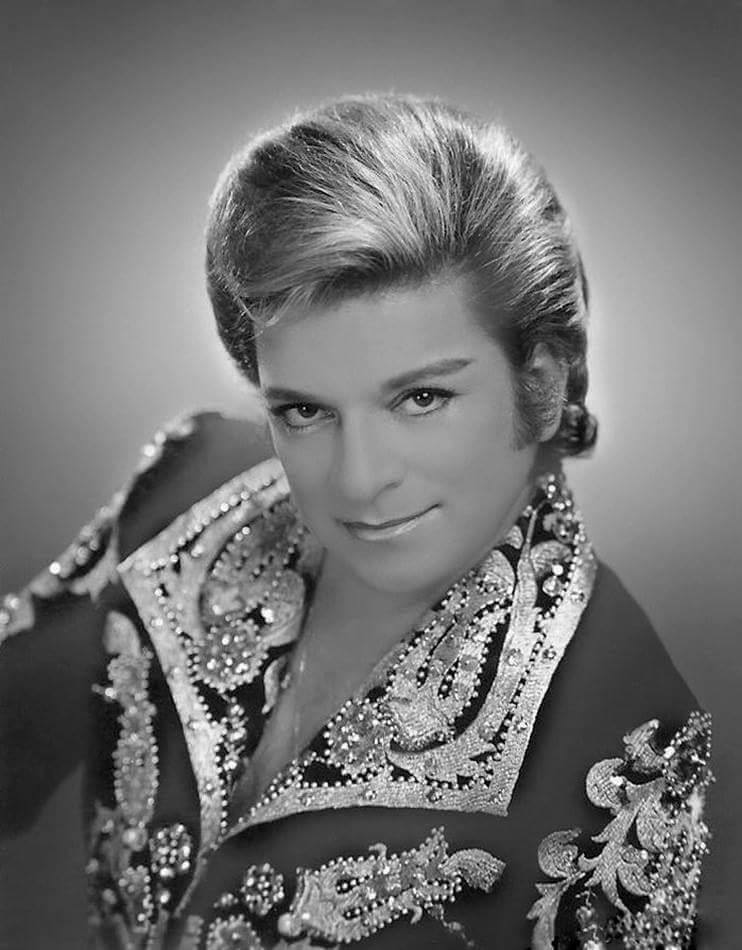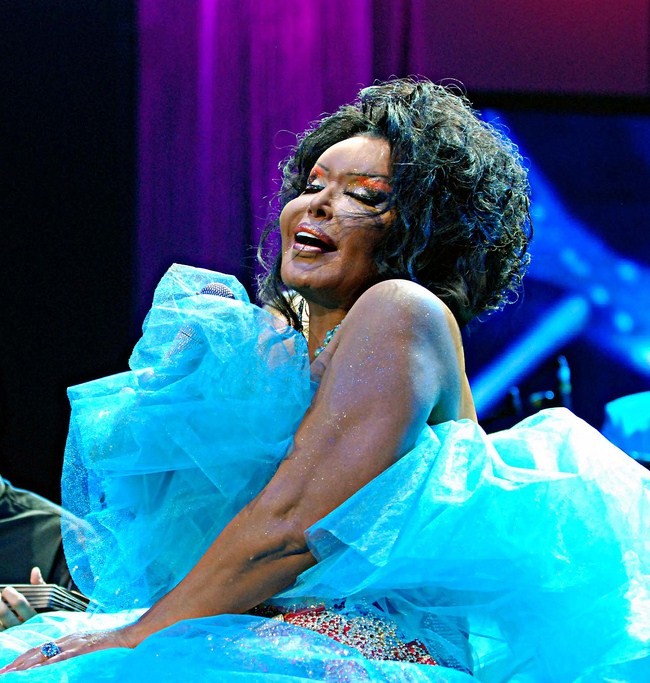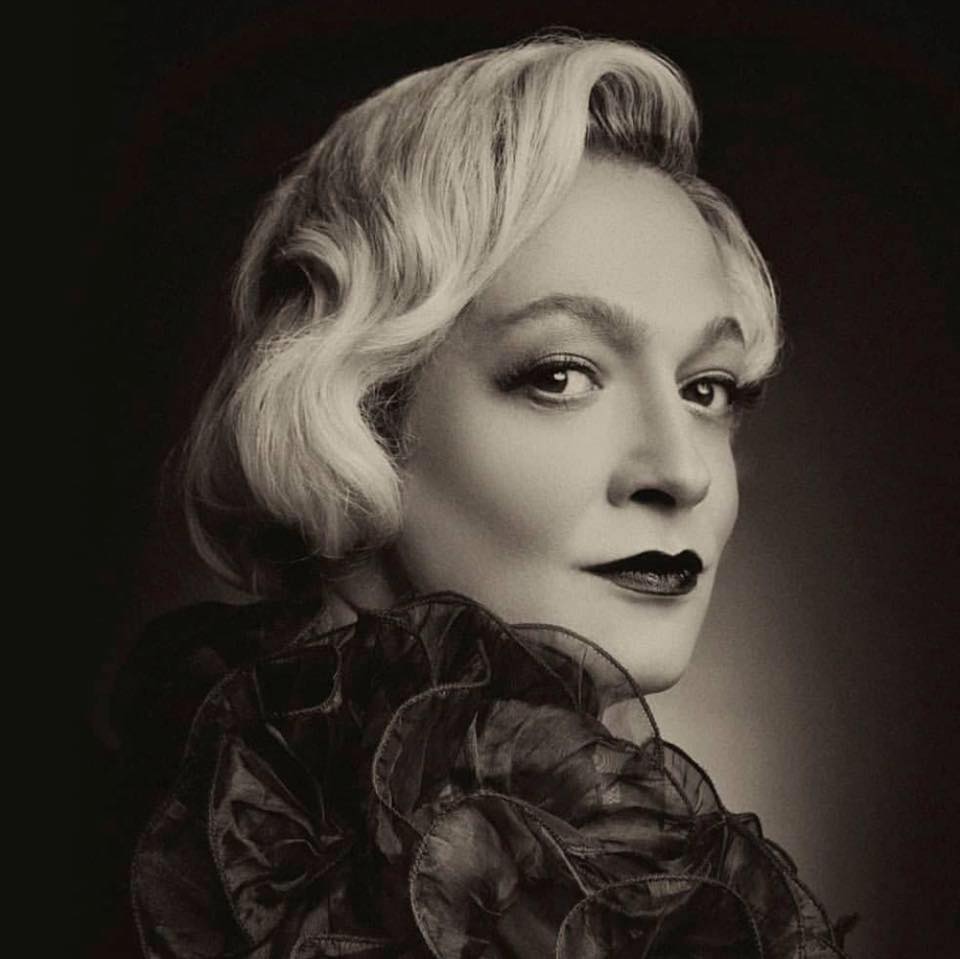February is LGBT+ History Month in Britain. During this annual month-long observance, the UK puts the historic experiences of lesbian, gay, bisexual, transgender and intersex people (LGBTI+) and their fight for equal rights in the spotlight.
The aim of the month is simple: to raise awareness of, and combat prejudice against, LGBTI+ people, and to promote equality, diversity and inclusion across society.
February was chosen as LGBT+ History Month as it coincides with the UK’s first major attempt to have the hugely discriminatory Section 28 legislation repealed. This law, introduced as part of the Local Government Act of 1988, prohibited the “promotion of homosexuality” in schools and elsewhere by local councils. On 7 February 2000, the then Labour Government introduced a new Local Government Act that sought to abolish Section 28. It took another three years to achieve this.
To mark LGBT+ History Month with a British Turkish hat on, T-VINE is doing a series of articles. In this article, we are celebrating five Turkish LGBTQI+ icons from the worlds of entertainment, business and sports: Zeki Müren, Bülent Ersoy, Ayta Sözeri, Selin Ciğerci and Ebrar Karakurt.
Zeki Müren
The late singer-songwriter and actor Zeki Müren is considered Turkiye’s first ever gay icon, although he never explicitly stated what his sexual orientation was.
During his 45-year career, Müren recorded and released hundreds of songs, as well as holding a residency at the famous Maksim Casino. He was also the first Turkish artist to perform at the Royal Albert Hall in 1976.

Early in his career, Müren appeared as a traditional straight male, but as his career advanced, he opted for more flamboyant and often feminine clothes, make-up and hairstyles. He was adored by the Turkish public.
Named ‘Sanat Güneşi’ (The Sun of Art), Müren remains one of the most prominent figures in Türk Sanat Müziği [Turkish classical music] and is regarded as a national treasure.
When he died of a heart attack in September 1996 aged 64, Turkiye entered a period of national mourning, with 90,000 fans attending his funeral in his native Bursa.
Despite that love, Müren couldn’t escape homophobia years after he passed away. Last year, another renowned musician, Özdemir Erdoğan, claimed Müren had been a bad example for small boys watching him and asked, “Otherwise, where did all these LGBT people come from?”
Bülent Ersoy
Bülent Ersoy’s name is forever coupled with Müren when it comes to Turkiye’s LGBTQI+ icons. A fellow legendary singer, Ersoy’s musical career straddles Türk Sanat Müziği, Pop and Arabesque
She has recorded over 30 albums in her career and enjoyed numerous hits including Ümit Hırsızı (Hope Thief), Geceler (Nights), Beddua(Curse), and Maazallah, Biz Ayrılamayız (We Cannot Break Up).
Nicknamed ‘Diva’, Ersoy is one of the country’s first transgender headliners. Her stage outfits range from the elegant to the outlandish, ensuring she is regularly in the media and public spotlight.

She started her career as a male singer and actor, making her stage debut in 1970, and releasing her first single the following year.
Ersoy underwent sex reassignment surgery in London in 1981 aged 29. She opted to keep her first name Bülent, despite it being regarded as a Turkish male name.
Following a military coup in Turkiye under General Kenan Evren in 1980 and the brutal suppression of civil rights, including a ban on “social deviants”, Ersoy and other transgender performers were banned from staging public performances.
Ersoy petitioned the courts to formally recognise her as a woman in 1982, but failed. She tried to commit suicide days after the ruling, but survived and opted to leave Turkiye a year later.
The singer continued her career in Germany, which is home to Europe’s largest Turkish diaspora. She eventually returned to her homeland after Evren had left office and many of his policies had been rescinded, including the stage ban. Yet she continues to face enormous transphobia.
Recently a commander holding an umbrella for her while she was visiting Anıtkabir, the mausoleum of Turkiye’s founder Mustafa Kemal Atatürk, was dismissed by the Turkish Defence Ministry.
The umbrella incident and the controversy it created was labelled ‘transphobic’ by Turkish civil liberty groups such as KAOS GL, which is one of the oldest and largest LGBTQI+ rights organisations in Turkiye.
Ayta Sözeri
Ayta Sözeri is Turkiye’s first trans actress, and recording artist. Before becoming famous, she was a backing vocalist to famous singers including the legendary Sezen Aksu.
She made her stage debut standing in for a singer who failed to show up for a performance. She also took acting lessons and was discovered by a director while she was working at a restaurant in Istanbul.

She has gone on to feature in lots of Turkish films and major television dramas, including Sözeri, Hayat Bağları, Arka Sokaklar, and Dudaktan Kalbe.
In 2018, she won Best Supporting Actress Performance at the 50th Cinema Writers Association Awards for her performance in the film Aile Arasında.
Born in Germany, Sözeri moved to Izmir with her family when she was six years old. Now aged 45, she underwent sex reassignment surgery when she was aged 20. Her father kicked her out of the family home because of her transition.
Sözeri has been at the forefront of Turkiye’s LGBTQI movement. As an activist, she has founded and managed several LGBTQI+ organisations in the country. Throughout her life and career, she has campaigned for LGBTQI+ visibility.
Speaking about using her fame as a platform, Sözeri told Armağan Çağlayan in an interview on his Gör Beni[See Me] programme in 2020:
“Sometimes I was trying to explain something to smaller audiences when I was doing activism at concerts and when I explained it to fifteen or twenty people, I was happy when they understood. Now, thousands of people come to my concert and you can say a sentence and sometimes people’s entire lives can change or you can tell something in a sentence to thousands of people. That’s why I say I’m glad I became famous and I had the chance to make these sentences in front of them.”
Selin Ciğerci
Another trans celebrity is Selin Ciğerci, who is a major social media influencer in Turkiye with over 4 million followers. She is also a successful businesswoman, having a namesake beauty company Selin Beauty.
The child of a conservative textile family, which owns the DeFacto brand, Ciğerci underwent sex reassignment surgery in 2018. She had previously appeared on Turkish television under the name Okan Ünsal, but opted to use Selin Ciğerci after her sex change.
View this post on Instagram
She married footballer Gökhan Çıra in 2019, although the pair split last year. They have recently rekindled their romance.
Ciğerci has faced transphobia ever since her sex change. Ex-model Deniz Akkaya and TV personality Seren Serengil, who were presenters on a programme on the conservative, pro-government Beyaz television channel, targeted Ciğerci and her husband with transphobic comments.
Akkaya and Serengi insisted on deadnaming Ciğerci (using her now defunct birth name), while showing her pre-transition photos. Akkaya insisted on live television that Ciğerci could not and should not be a mother.
Ciğerci sued both women over their comments and won in her claims against the par. Akkaya was also jailed for three days for violating an injunction Ciğerci had taken out against her.
Ebrar Karakurt
Volleyball player Ebrar Karakurt is one of Turkiye’s rising sports stars, who has been playing for the national women’s volleyball team since 2018.
Karakurt is pivotal to the recent success of the Turkish women’s team, powering them to reach the quarter finals of the 2020 Tokyo Olympics Women’s Volleyball.
She has also helped the team to win silver and bronze medals at the European Championships in 2019 and 2021, and also the Nations League (a replacement tournament for the World Grand Prix) tournaments in 2018 and 2021.
In 2021, she transferred to Seria A Italian volleyball club side Igor Gorgonzola Novara and her star appeal keeps on growing. Among her sponsors is global brand Nike.
View this post on Instagram
Until recently sporting a distinctive bright pink short hair style, Karakurt featured in an advertising campaign on Turkish television for shampoo brand Elidor, which is owned by Unilever. Karakurt was one of ten inspirational Turkish women selected by Elidor for its Kendi Yolumuzda [In Our Own Way] to encourage women to pursue their dreams.
Last year, the Olympian faced a barrage of online homophobic abuse after posting a photo with her girlfriend on social media, prompting her to remove the photo despite it getting over 160,000 Likes in under a day.
Many Turkish stars and ordinary members of the public spoke out against the abuse under the trending hashtag #EbrarKarakurtYalnızDegil [#’Ebrar Karakurt Is Not Alone’].
Homosexuality in Turkiye
Although homosexuality is legal in Turkiye, official hostility towards LGBTQI+ people has been growing under the conservative AKP government, which has been in power since 2002.
Last March, a presidential decree announced Turkiye’s withdrawal from the landmark Istanbul Convention, which aims to tackle gender-based violence.
Following the backlash, the Directorate of Communications stated that the Convention “was hijacked by a group of people attempting to normalize homosexuality – which is incompatible with Türkiye’s social and family values. Hence the decision to withdraw”.
Since 2016, the city governorship has banned the Istanbul Pride march, yet activists have found ways to circumvent the ban despite the police barriers.
Last year, police officers detained renowned AFP photographer Bülent Kılıç as he was covering Pride. In scenes reminiscent of the murder of George Floyd in the United States, police officers pressed their knees into his neck, prompting him to shout, “I can’t breathe”. He was subsequently released.
Also in 2021, dozens of students were taken into custody for displaying a rainbow flag during protests at Boğaziçi University.
Main image, top, from left to right: Zeki Müren, Ayta Sözeri, and Ebrar Karakurt




